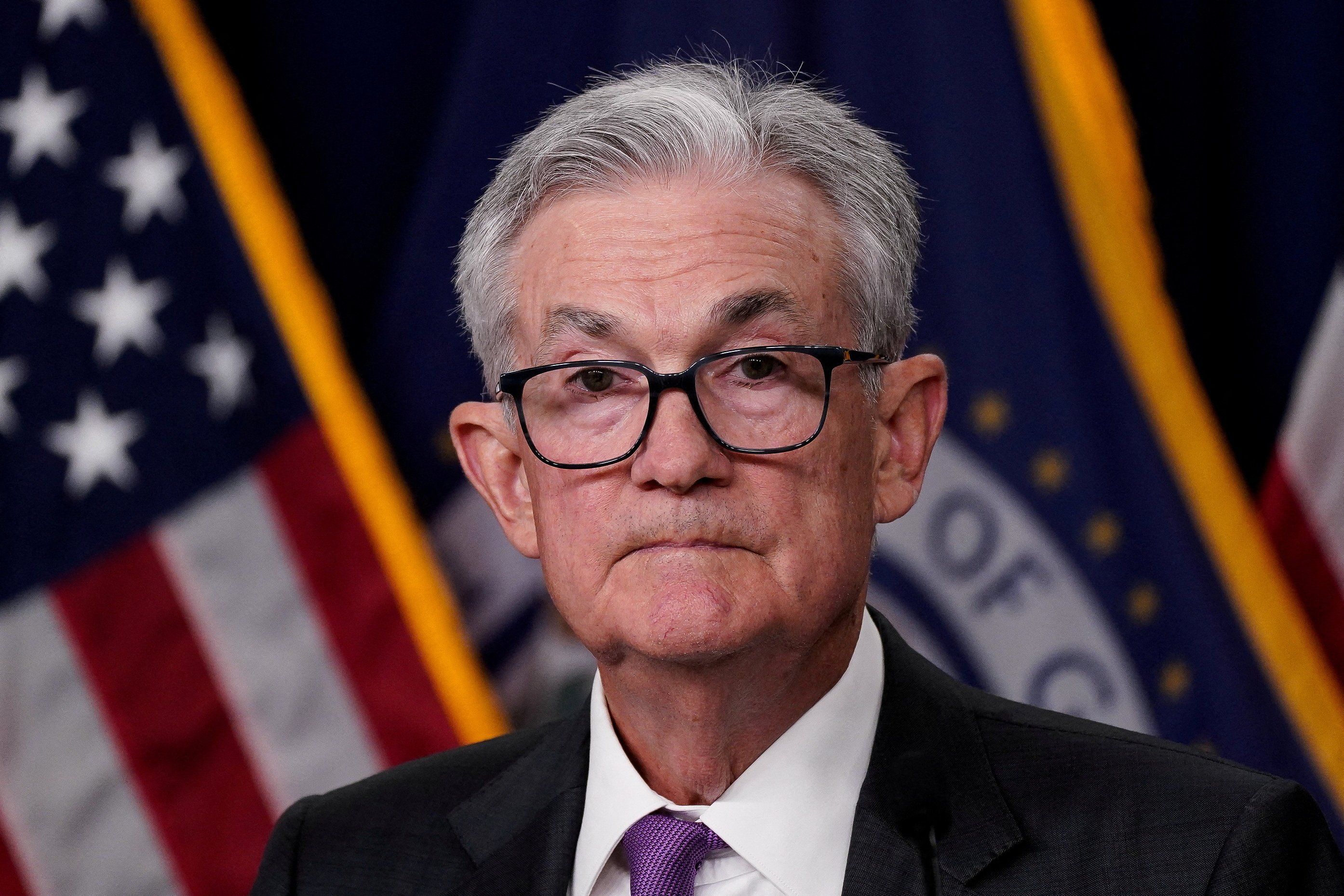It’s a tricky moment for the global economy. Growth is slowing around the world – particularly in China. The regional US banking crisis earlier this year sowed fears that further rate hikes could destabilize the industry. And inflationary pressures around the world – especially for food – are sending prices north, thanks to climate change and the war in Ukraine.
Powell is expected to strike a more optimistic tone this year – but not a triumphant one. After a year of 11 rate hikes (interest rates are at their highest levels in 22 years), the Fed has made significant progress in easing annual inflation, reducing it from 8.5% this time last year to today’s 3.2%. But it’s still higher than the Fed’s 2% target – and there are fears that high consumer spending will keep translating into higher prices. But there is also murmuring of the Fed pulling off a “soft landing,” where it manages to tame inflation without tanking the economy.
Consumers are burning through the last of their COVID savings, so the consumer spending problem could solve itself. Monetary policy takes time to ripple through the economy, but Powell needs to decide how patient the Fed can afford to be.
Rob Kahn, director of Eurasia Group’s Geoeconomics practice, expects the Fed to pause their rate hike cycle in September. But today Powell is likely to leave the door open for additional rate hikes and signal a willingness to maintain the Fed's tight monetary policy well into 2024.
But come November, Kahn anticipates one more 25-basis-point hike and says that the first cuts are only likely to come in mid-2024 as the Fed continues aiming for the holy grail of 2%.
